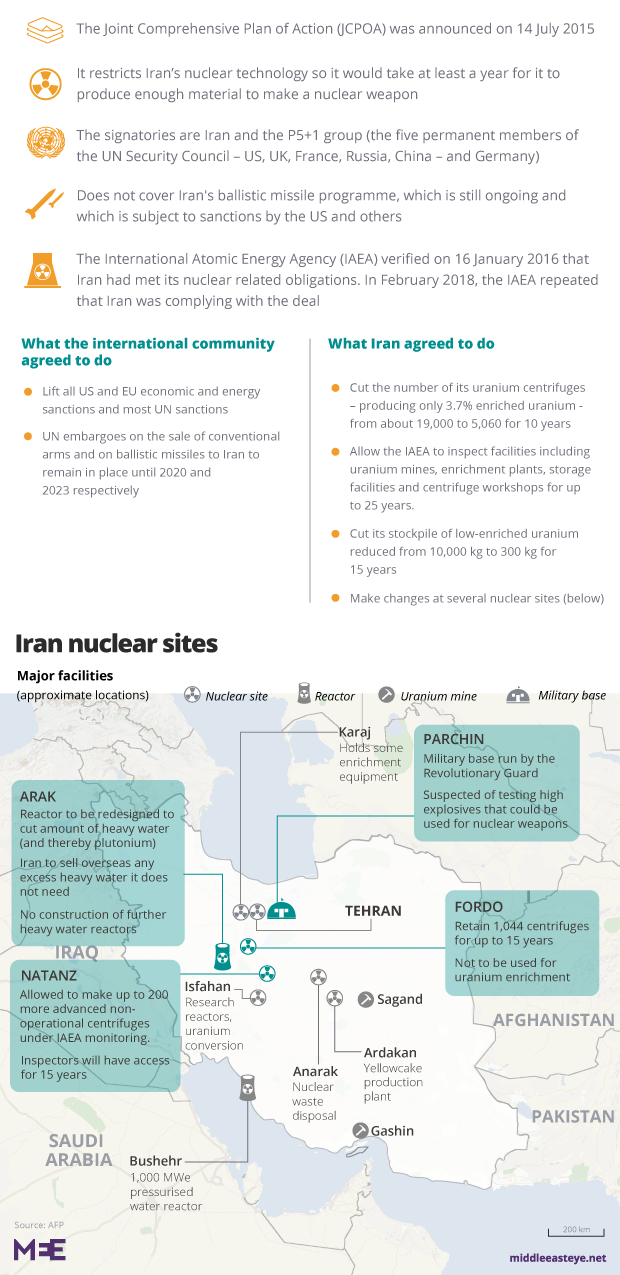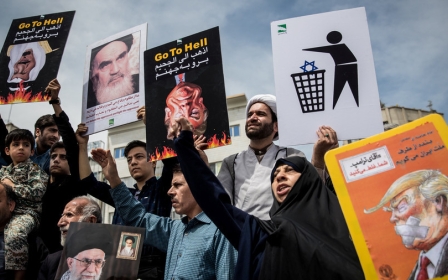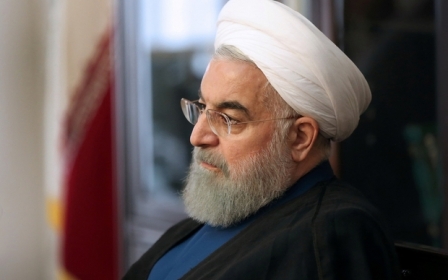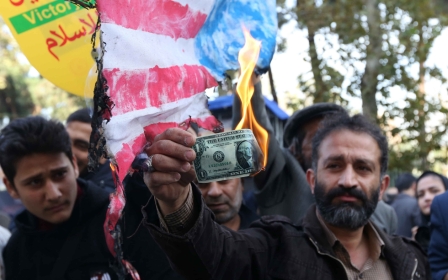Iran remains hopeful that Europe can salvage nuclear deal: Foreign ministry
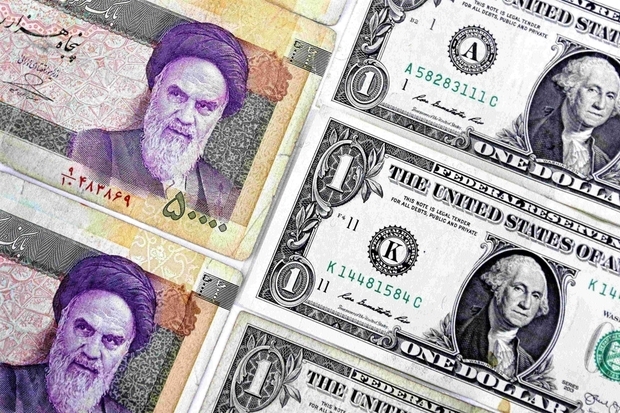
Iran said it remains hopeful that its 2015 nuclear deal can be salvaged by European powers despite America's withdrawal from the historic agreement, an Iranian foreign ministry spokesman said on Monday.
Speaking to a live news conference in Tehran, Bahram Qasemi reiterated that Tehran was "hopeful" that European countries could salvage the deal.
"There are some ambiguities on the implementation of the EU's mechanism to protect trade with Iran from America's sanctions," said Qasemi.
"But we remain hopeful that the Europeans can save the deal."
In October, the Trump administration restored sanctions targeting Iran's banking, oil, and transportation sector. The restoration of sanctions comes after other signatories of the historic deal, including the European Union, attempted to salvage the deal, following Trump's declaration to cancel the nuclear agreement.
Following the withdrawal of the US, the other parties - Britain, France, Germany, China, Russia and the EU - vowed to provide Iran with enough economic benefits to keep the agreement alive.But Tehran is increasingly sceptical that other signatories can counter the effects of renewed US sanctions, which have already battered Iran's economy.
The European Union has been trying to establish a Special Purpose Vehicle (SPV) for non-dollar trade with Iran to save the deal, under which most sanctions were lifted in 2016 in exchange for Tehran curbing its nuclear programme.
The SPV had been conceived as a clearinghouse that could be used to help match Iranian oil and gas exports against purchases of EU goods, circumventing US sanctions based on the global use of the dollar for oil sales.
The EU has tried to have the SPV set up by this month, but no country has offered to host it, six diplomats told Reuters last week.
"We expect EU to implement the SPV as soon as possible," Qasemi said. "Iran adheres to its commitments as long as other signatories honour theirs."
But if its economic benefits were not maintained, Iran said it would exit the deal.
Iran has also repeatedly said it would resume high-level uranium enrichment if the 2015 agreement, which drastically limits its nuclear programme in return for sanctions relief, falls apart.
New MEE newsletter: Jerusalem Dispatch
Sign up to get the latest insights and analysis on Israel-Palestine, alongside Turkey Unpacked and other MEE newsletters
Middle East Eye delivers independent and unrivalled coverage and analysis of the Middle East, North Africa and beyond. To learn more about republishing this content and the associated fees, please fill out this form. More about MEE can be found here.


